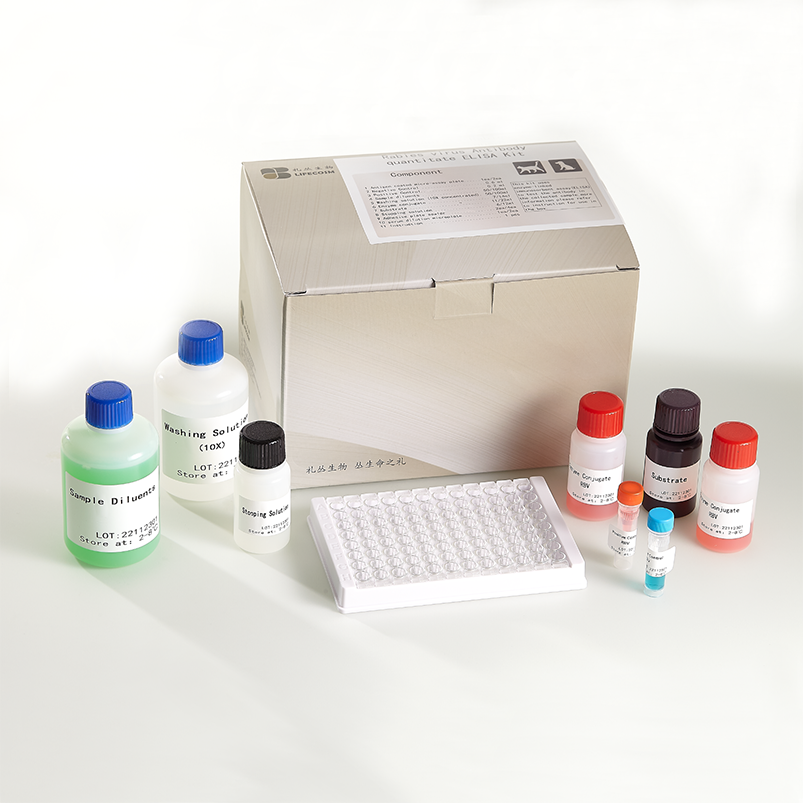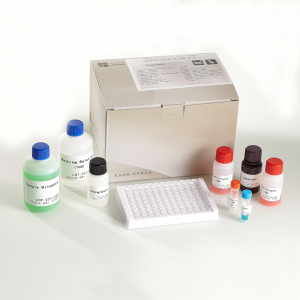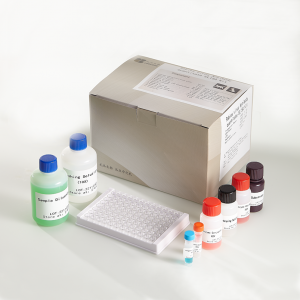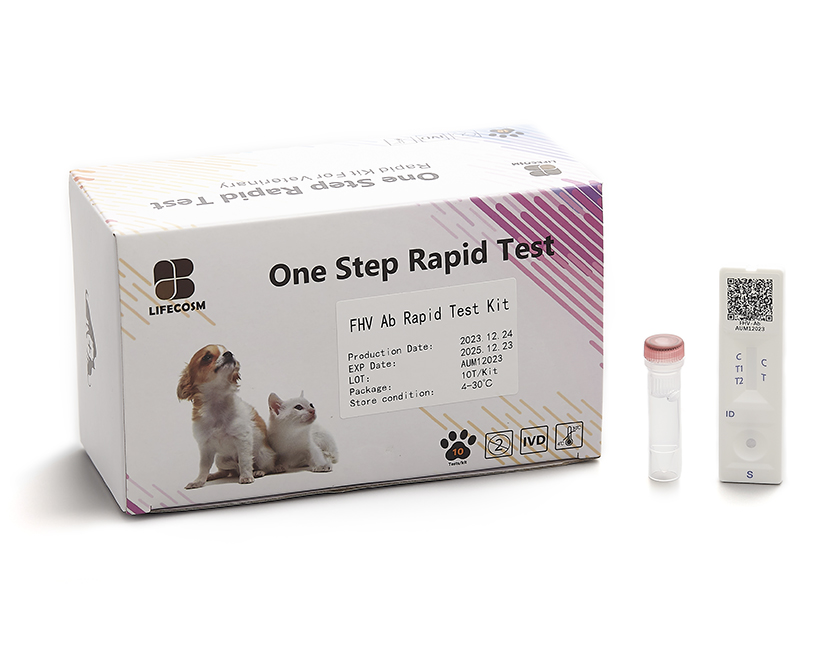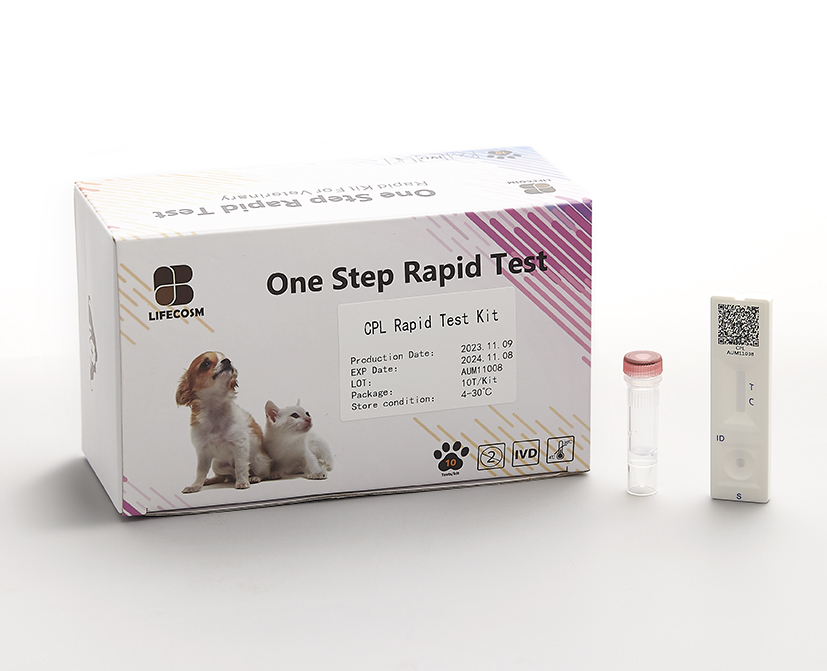
Products
Chicken Infectious Bursal Disease Virus Ab Elisa kit
Chicken Infectious Bursal Disease Virus Ab Elisa kit
| Summary | Detection of neutralizing antibody against infectious bursa of Fabricius virus in chicken serum |
| Detection Targets | Chicken infectious bursal disease virus antibody |
| Sample | Serum
|
| Quantity | 1 kit = 192 Test |
|
Stability and Storage |
1) All reagents should be stored at 2~8℃. Do not freeze. 2) Shelf life is 12 months. Use all reagents before the expiry date on the kit.
|
Information
Infectious bursal disease (IBD), also known as Gumboro disease, infectious bursitis and infectious avian nephrosis, is a highly contagious disease of young chickens and turkeys caused by infectious bursal disease virus (IBDV),characterized by immunosuppression and mortality generally at 3 to 6 weeks of age. The disease was first discovered in Gumboro, Delaware in 1962. It is economically important to the poultry industry worldwide due to increased susceptibility to other diseases and negative interference with effective vaccination. In recent years, very virulent strains of IBDV (vvIBDV), causing severe mortality in chicken, have emerged in Europe, Latin America, South-East Asia, Africa and the Middle East. Infection is via the oro-fecal route, with affected bird excreting high levels of the virus for approximately 2 weeks after infection. The disease is easily spread from infected chickens to healthy chickens through food, water, and physical contact.
Principle of the Test
The kit uses a competitive ELISA method, pre-packaged infectious bursal disease virus VP2 protein on the microplate, and compete with the anti-VP2 protein antibody in serum for the solid phase vector using the anti-VP2 protein monoclonal antibody. In the test, a monoclonal antibody to be tested and an anti-VP2 protein is added, and after incubation, if the sample contains the chicken infectious bursal disease virus VP2 protein-specific antibody, it binds to the antigen on the coated plate. Thereby blocking the binding of the anti-VP2 protein monoclonal antibody to the antigen, after washing to remove the unbound antibody and other components; then adding an anti-mouse enzyme-labeled secondary antibody to specifically bind to the antigen-antibody complex on the detection plate; The unbound enzyme conjugate is removed by washing; the TMB substrate is added to the microwell to develop color, and the absorbance value of the sample is negatively correlated with the content of the anti-VP2 protein antibody contained therein, thereby achieving the purpose of detecting the anti-VP2 protein antibody in the sample
Contents
|
Reagent |
Volume 96 Tests/192Tests |
||
| 1 |
|
1ea/2ea |
|
| 2 |
|
2.0ml |
|
| 3 |
|
1.6ml |
|
| 4 |
|
100ml |
|
| 5 |
|
100ml |
|
| 6 |
|
11/22ml |
|
| 7 |
|
11/22ml |
|
| 8 |
|
15ml |
|
| 9 |
|
2ea/4ea |
|
| 10 | serum dilution microplate |
1ea/2ea |
|
| 11 | Instruction |
1 pcs |

